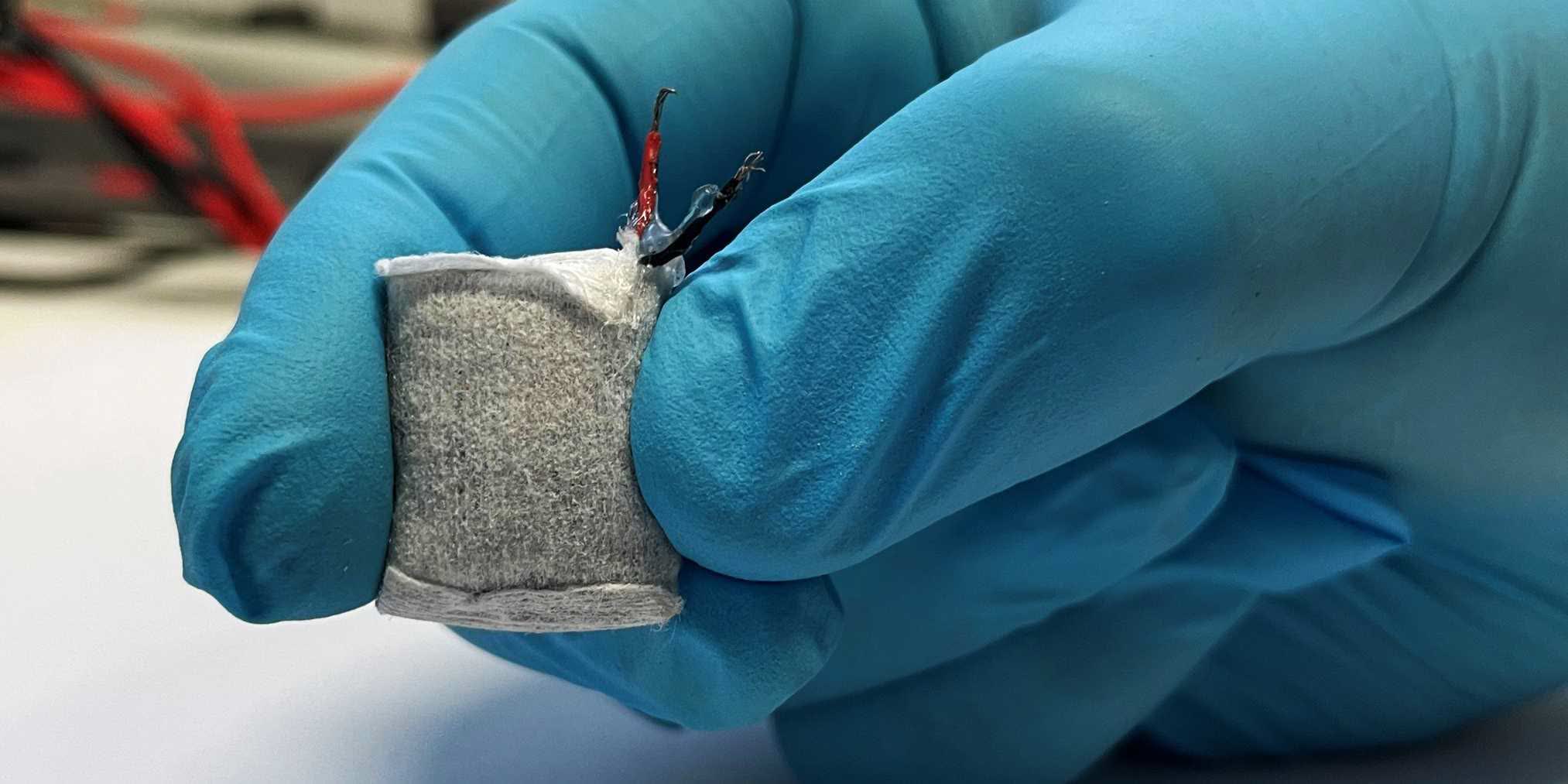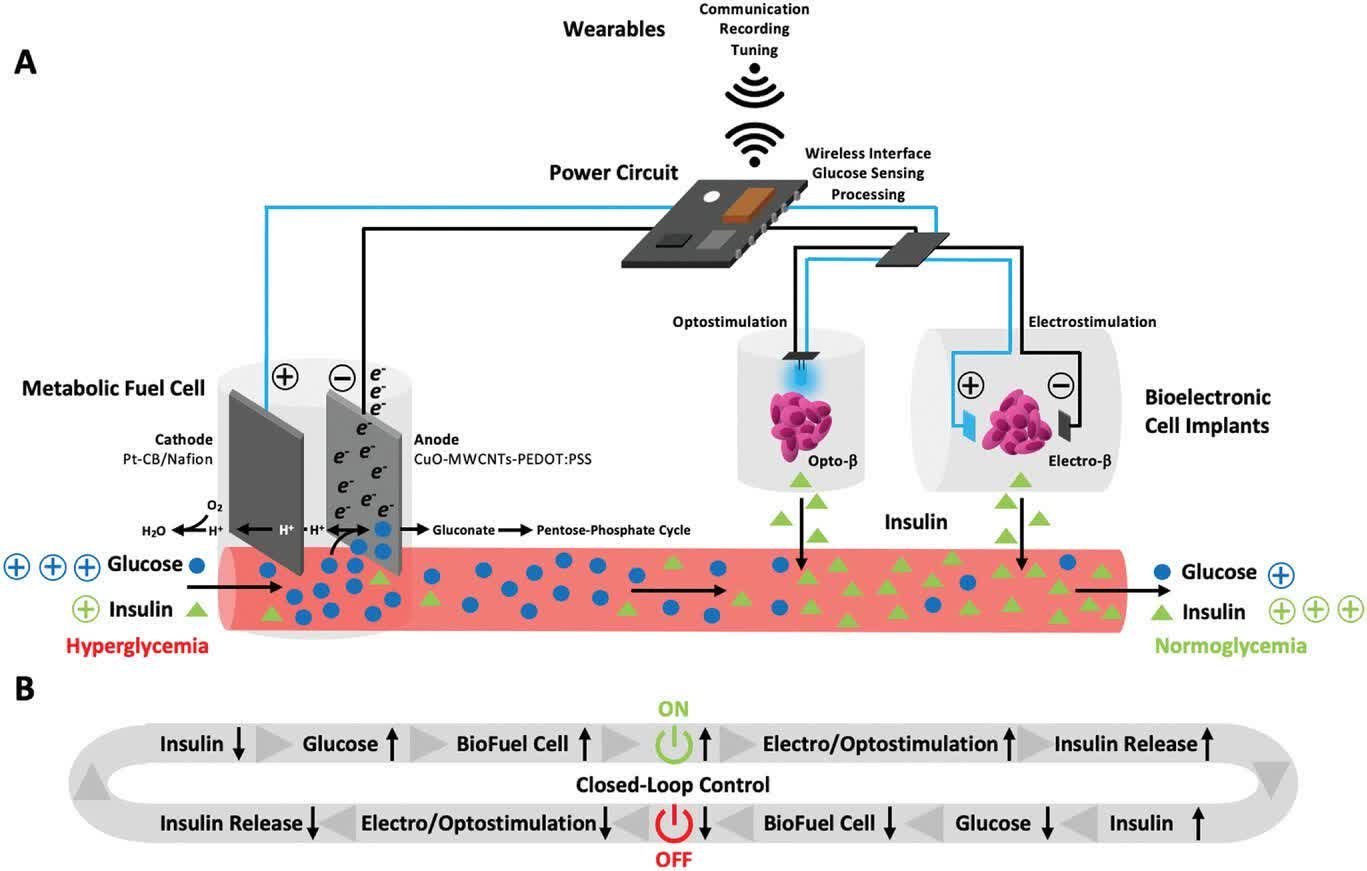Forward-looking: Type 1 diabetes is an autoimmune condition in which the body doesn't naturally produce insulin, leading to dangerously high blood sugar levels. A group of researchers has unveiled a pair of devices that use this feedback loop to autonomously manage the medical condition.

Researchers at ETH Zurich (Eidgenössische Technische Hochschule, or Swiss Federal Technical Institute) recently unveiled a fuel cell that uses excess glucose (blood sugar) when implanted in the body to generate electricity. It can potentially power other medical implants, including one that automatically manages type 1 diabetes.
The diabetes-managing implant, which the team tested in 2016, consists of a capsule containing artificial beta cells. When stimulated with electricity or a blue LED light, the cells can autonomously secrete and release insulin, making it easier for patients to manage glucose levels.
Until now, the system lacked a workable power source. The researchers' solution is a teabag-like fuel cell implant (masthead) that converts power from excess blood sugar that might come from carbohydrates.
Click to enlarge
The fuel cell's outer coating consists of a medically-approved algae product called alginate, which soaks up body fluids and lets glucose pass through to the cell. The copper nanoparticles comprising the fuel cell split the glucose into gluconic acid and a proton, which generate power.
Upon detecting excess blood sugar, the fuel cell activates, telling the beta cells to release insulin. The cell then automatically deactivates when glucose levels return to normal. Additionally, it can connect to a mobile app to give patients and medical professionals greater control over its operation.
Researchers have theorized the concept of an auto-regulating biofuel cell for decades. The American Society of Artificial Internal Organs released a 1968 paper outlining a cell that would use the body's energy to power a pacemaker without batteries or other external power sources. The forward march of technology may have finally turned the theory into a reality.
Unfortunately, ETH Zurich lacks the finances and manpower to bring its idea to market without resources from an external backer. Furthermore, it has only tested its device in mice. A long road of further testing and funding likely lies ahead before the fuel cell can help treat diabetes in humans.
The full ETH Zurich study is freely available at the science news outlet Advanced Materials.
https://www.techspot.com/news/98142-fuel-cell-implant-uses-blood-sugar-manage-type.html
